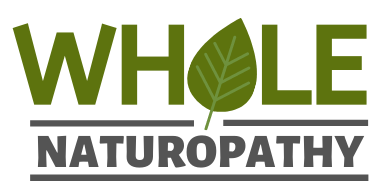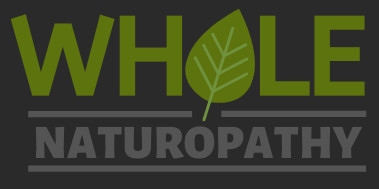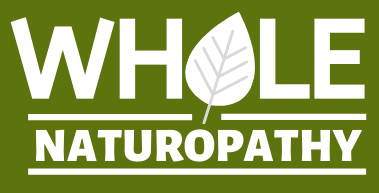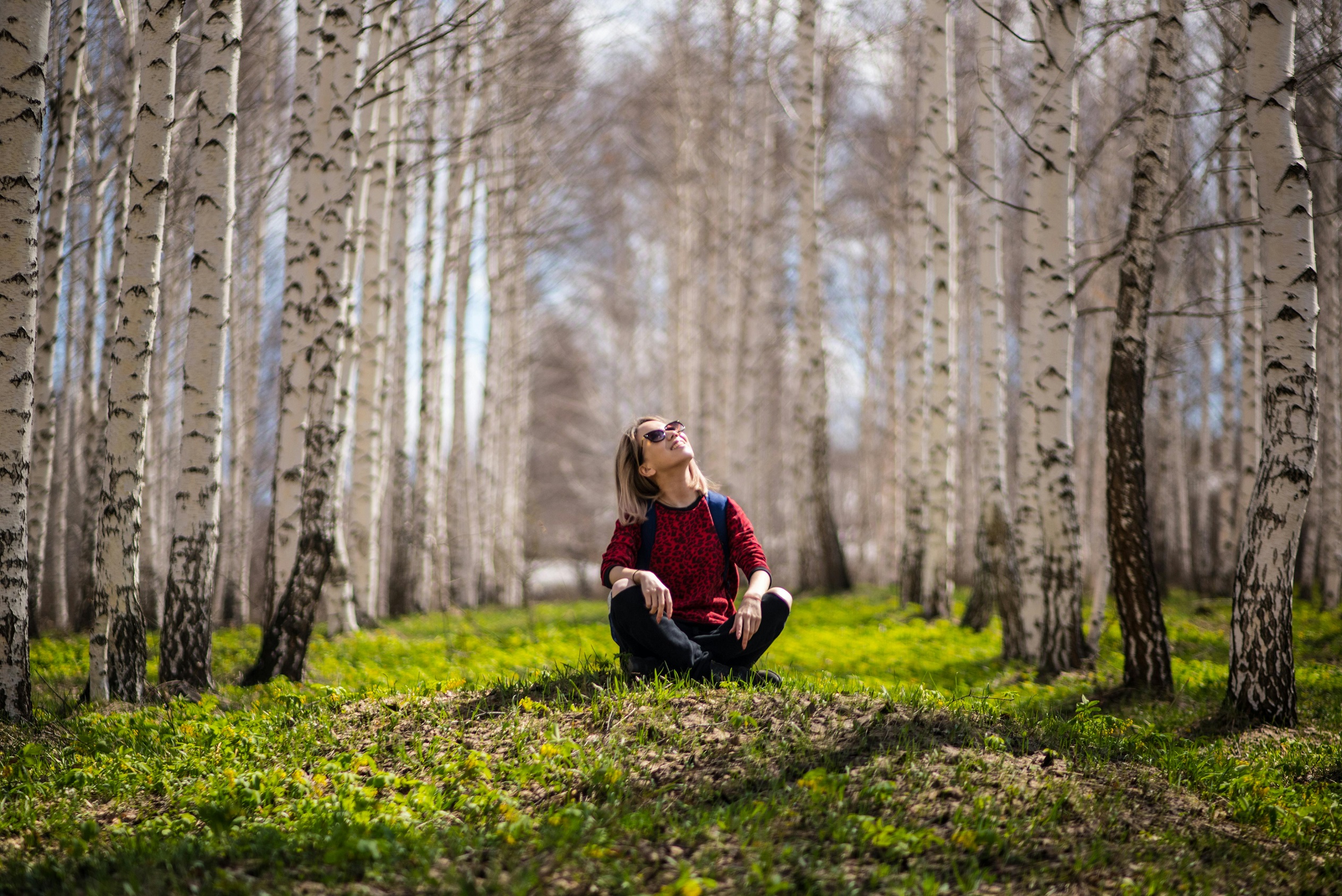PCOS – Not as simple as you may have thought
Overview of the disease Polycystic Ovary Syndrome (PCOS) is a complex endocrine disorder caused by androgen excess. Androgens are male hormones which can be characterised by significant facial hair and seen in hormonal blood tests. Because the disease can present very differently amongst women, there can be a lot of confusion about what the best treatment to bring these high androgen levels back within their normal range. The disease is characterised by hormonal imbalance, irregular menstruation (often months without a cycle), and sometimes the presence of small cysts on the ovaries. According to Dr. Lara Briden, there are four types of PCOS: insulin-resistant PCOS, inflammatory PCOS, post-pill PCOS, and adrenal PCOS. Insulin resistant PCOS Insulin resistance, leading to hyperinsulinemia can cause the increase in androgen production by the...





